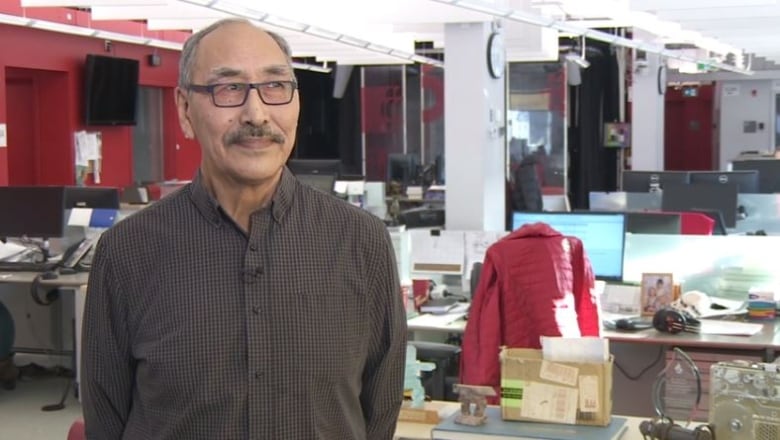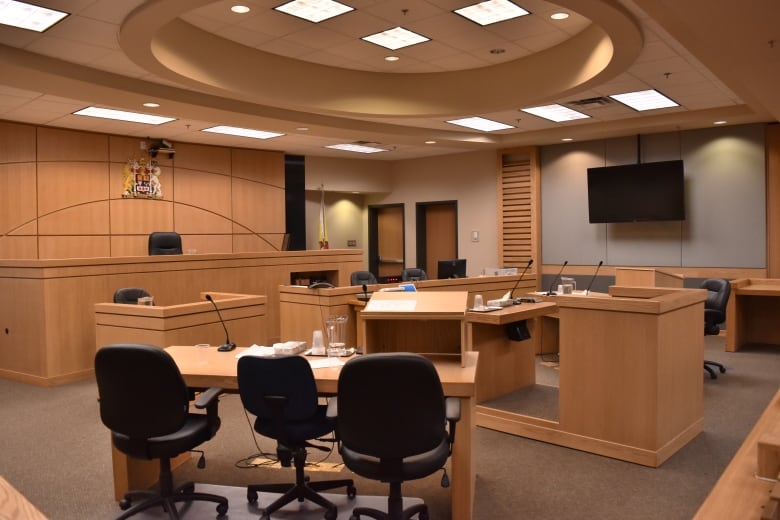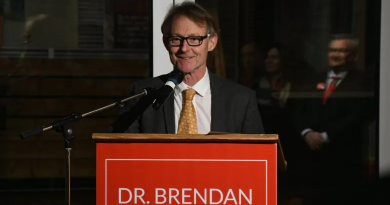Not a ‘bad thing’ if Canada’s Nunavut territory sued over bilingual education, says lawyer

A Nunavut lawyer says it wouldn’t be such a “bad thing” if the government of Nunavut (Canadian eastern Arctic) was sued for failing to provide bilingual education.
Anne Crawford says a lawsuit could provide some accountability and make the process of training teachers more public.
The Nunavut government would become vulnerable to a lawsuit if it doesn’t implement English-Inuktut education by July 2019 — the deadline set out in the 2008 Education Act.
The government has said that’s one reason why it introduced Bill 20: the Interim Language of Instruction Act.
The stop-gap bill would suspend the legal requirement to provide English-Inuktut bilingual education by a certain date.
Bill 20 passed second reading last Friday and is expected to become law before the end of the winter sitting.
No lawsuit right now
Crawford said her client, the Nunavut Coalition of District Education Authorities, has no plans to sue at this time because the deadline hasn’t yet passed and the coalition doesn’t have money to mount a case.
Parents with children in the school system, Nunavut Tunngavik Inc. (NTI), and the district education authorities that handle the administration for schools in each community, could all sue, said Crawford.
But, she added, NTI has said it won’t sue as long as the government continues to work on getting Inuktitut in schools.
If the proposed act becomes law, it will protect the government from legal action, as children Grades 4 to 12 will have no legal entitlement to bilingual education.
Former education minister votes against bill

Only one MLA voted against the second reading of Bill 20: Paul Quassa, who was the education minister in the previous government.
“How can they not focus on making sure that Inuktitut is being taught… as it had stated in the original legislation?” Quassa said to CBC.
This is a change from when he was education minister.
In March 2017, Quassa introduced legislation to extend the 2019 deadline to implement bilingual education, but it caused so much controversy that MLAs let the bill die with the end of the government’s term.
The government is also currently working on amendments to the Education Act, but those won’t be ready for the July 2019 deadline.
Bill 20 is meant to tide the government over.
If passed, the interim legislation would remain in effect until one of the following happens: the government passes amendments to the Education Act, amendments to the Education Act are voted down, or there is a territorial election.

Crawford looked at a French language rights case in Nova Scotia (Atlantic Canada) that went to the Supreme Court, and the result of that lawsuit was judicial oversight.
It meant the courts supervised the government’s implementation of language rights.
“The government can be called back to report every six months. What work have they done? How are they progressing?” said Crawford.
Lawsuit unlikely, says language rights lawyer
Mark Power, a lawyer who specializes in language rights and is familiar with the Nova Scotia case, said the possibility of the Nunavut government being sued is highly unlikely.
Power told CBC he believes the interim languages bill was introduced with the confidence that it would pass and protect the government from a lawsuit.

Power said the situation in Nunavut is different from French language cases.
French language rights are enshrined in the constitution, unlike Inuktitut rights, which are statutory. Constitutional rights are one level more important than the statutory rights, said Power.
As for judicial oversight, Power said judges may be reluctant to hold regular check-ins for the government.
“Judges are not usually in the business of forcing governments to do certain things, usually,” Power said.
“The court system serves as a brake on government action. It rarely pushes governments to action.”
Related stories from around the North:
Canada: Nunavut’s Hunter Tootoo lone MP against Canadian gov’s Indigenous Languages Act, CBC News
Finland: Budget cuts threaten international Sámi language cooperation, Yle News
Russia: Norwegian-funded school in Northwest Russia inspires cooperation, The Independent Barents Observer
Sweden: Inequality a problem in Swedish schools: UNICEF report, Radio Sweden
United States: Alaska governor faces tough criticism over proposed budget cuts, Alaska Public Media



